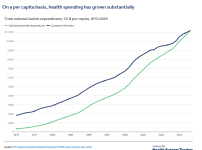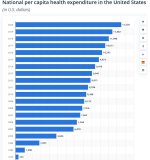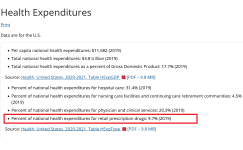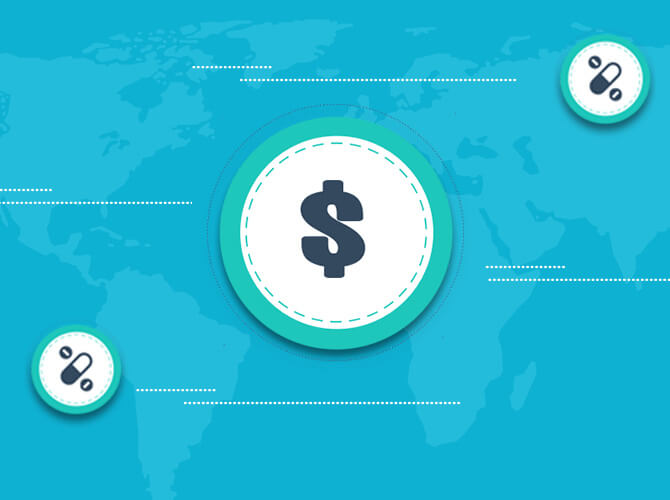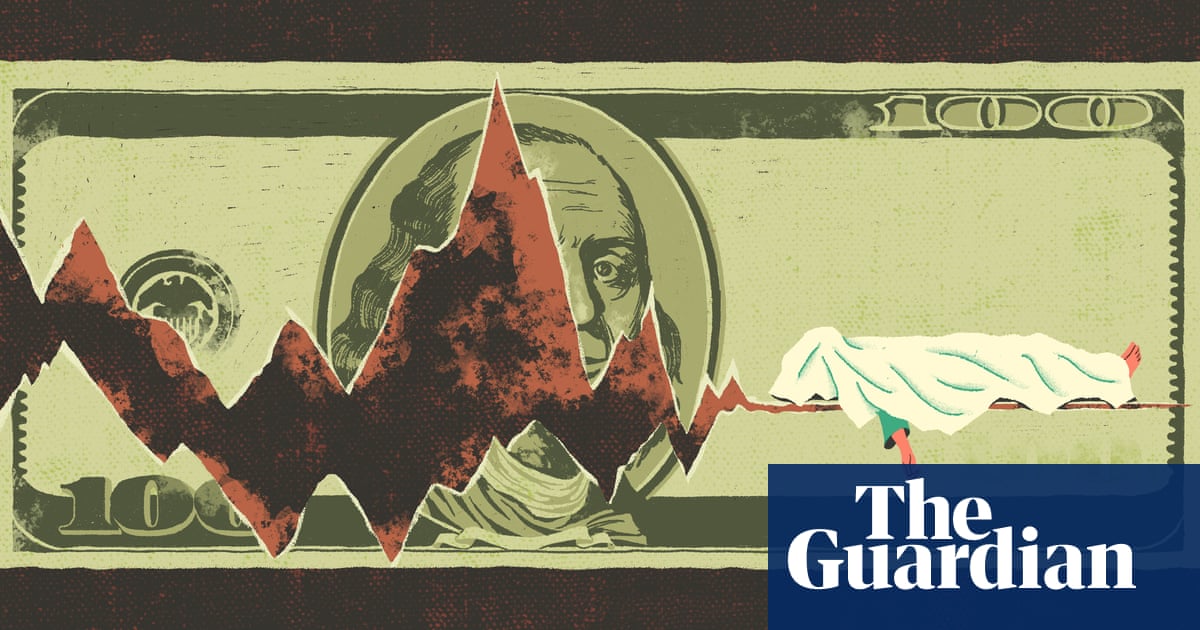Even before the Affordable Care Act became law, about 90 percent of the conversation and criticism of it was about coverage. Little has been said about its ability to control costs.
March 23, the
ninth anniversary of the ACA’s passage, presents a good opportunity to examine its legacy on cost control — a legacy that deserves to be in the foreground, not relegated to the background behind the exchanges, Medicaid expansion, and work requirements.
One month after the ACA had passed, the Office of the Actuary of the Department of Health and Human Services projected its financial impact
in a report entitled “Estimated Financial Effects of the ‘Patient Protections and Affordable Care Act’, as Amended.” The government’s official record-keeper estimated that health care costs under the ACA would reach $4.14 trillion per year in 2017 and constitute 20.2 percent of the gross domestic product (GDP).
Fast forward to December 2018, when that same office released the official tabulation of health care spending in 2017. The bottom line: cumulatively from 2010 to 2017 the ACA reduced health care spending a total of $2.3 trillion.
In 2017 alone, health expenditures were $650 billion lower than projected, and kept health care spending under 18 percent of GDP — basically a tad over where it was in 2010 when the ACA was passed. It did all of this while expanding health coverage to more than 20 million previously uninsured Americans.



